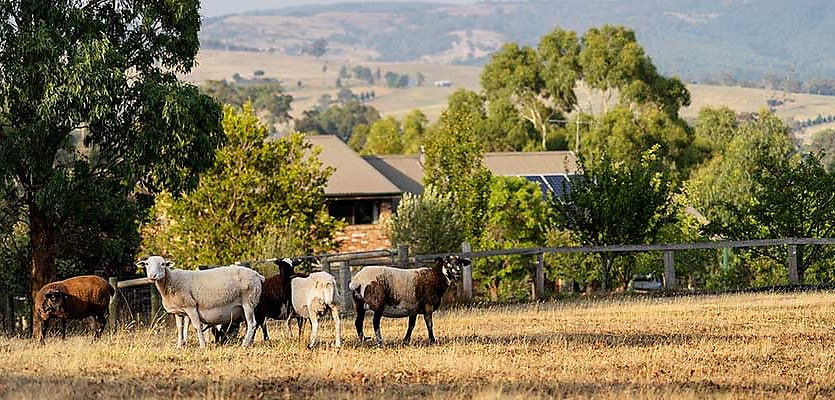Agriculture and Small Business Minister, Julie Collins, admitted that if the proposed $3 million super legislation is passed, farmers may have to sell their family farms.
UPDATED
The Minister says super funds should already have sufficient liquidity to meet existing or prospective liabilities in response to issues raised regarding family farms.
Minister for small business Julie Collins has responded to concerns raised by the National Farmers' Federation that the new proposed tax for superannuation balances above $3 million would raise liquidity concerns for farms.
National Farmers’ Federation deputy CEO, Charles Thomas said the farm sector has consistently flagged that this bill will leave farmers in a terrible situation where they may have to sell their assets out from under the next generation.
Thomas added the idea of taxing farmers for fluctuations in the property market is an absurd precedent that has no place in Australia’s tax system.
Council of Small Business Organisations Australia CEO, Luke Achterstraat, said the same issues apply to small and family business owners.
This new tax on the unrealised gains on assets held in the SMSF may see an increased obligation that represents a significant proportion of an owner’s annual income, or even exceed it.”
He also said the proposed tax would see farmers left in a “terrible situation” where they may have to sell their assets to meet the new tax obligation or increase lease rates to their children so much that their children’s business may become unviable.
Responding to the concerns raised by the the NFF and the Council of Small Business Organisations Australia, stating that all super funds should already have sufficient liquidity to meet potential liabilities.
“As I stated in the Parliament, it is already a principle of Australia’s superannuation system that funds have sufficient liquidity to meet existing or prospective liabilities," Collins said in a response provided to Accountants Daily.
“This is not a new feature of our superannuation system, and any commentary suggesting otherwise is misleading and wrong.”
Thomas also said SMSFs are a common tool for small businesses to manage assets and business succession.
“In the case of agriculture, older farmers will often hold their assets in an SMSF and lease the operations to their children, providing both retirement income for them as well as an opportunity for the next generation to start farming.”
“In evidence provided to the Senate economics committee inquiry into the bill by the SMSF Association, it was estimated that over SMSF 17,000 accounts in 2021-22 held farming land.
“More than 3,500 of those will be immediately impacted by the new tax, and substantially more are likely to be captured in the coming years. Additionally, it was estimated that there are 13,000 SMSFs holding business real property who will be impacted by this tax.”
***Correction*** An earlier version of this story incorrectly quoted Minister Julie Collins as stating the superannuation taxes would cause liquidity issues for faming businesses, potentially driving the sales of these business.

Never miss a beat with
Stay across what’s happening in the Australian commercial property market by signing up to receive industry-specific news and policy alerts, agency updates, and insights from reb.
Subscribe to reb Commercial:







You are not authorised to post comments.
Comments will undergo moderation before they get published.